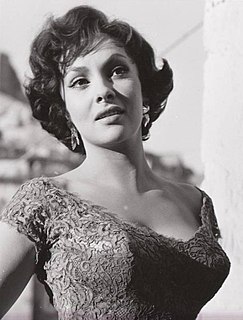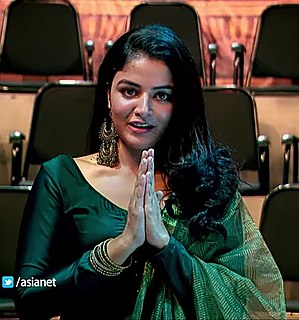A Quote by Amrita Rao
Cinema is a slice of reality. You have school and college kids being intimate and marriage is not even in question and that is what they show in cinema.
Related Quotes
For people to understand, you can't speak 'cinema.' Cinema doesn't have alphabets, so you have to go to the local language. Even in England, if they make a movie in London they have to make it in the Cockney accent, they can't make a film with the English spoken in the BBC. So cinema has to be realistic to the area that it is set in.



































